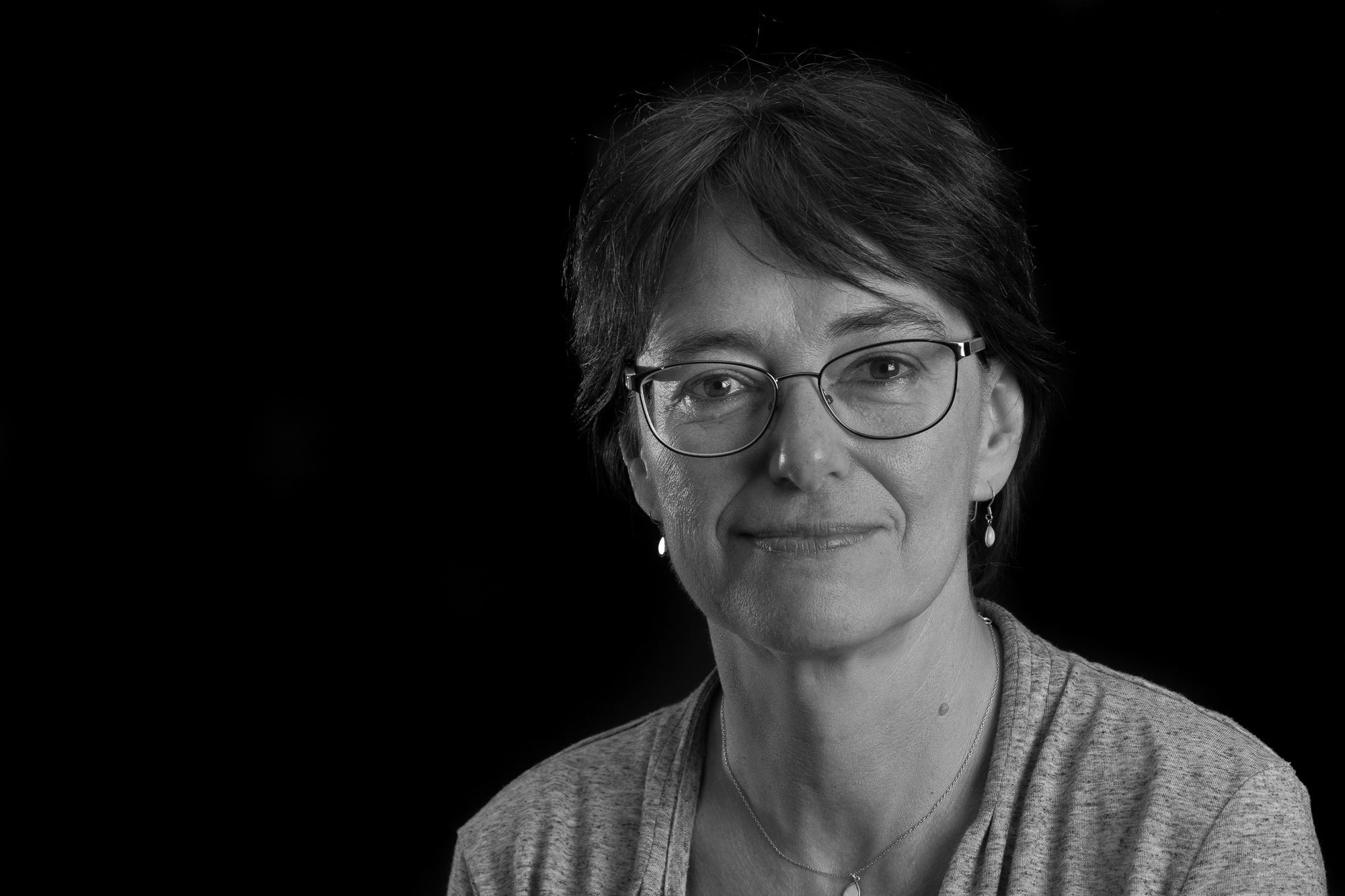
Margarita Díaz-Andreu (ICREA at UB)
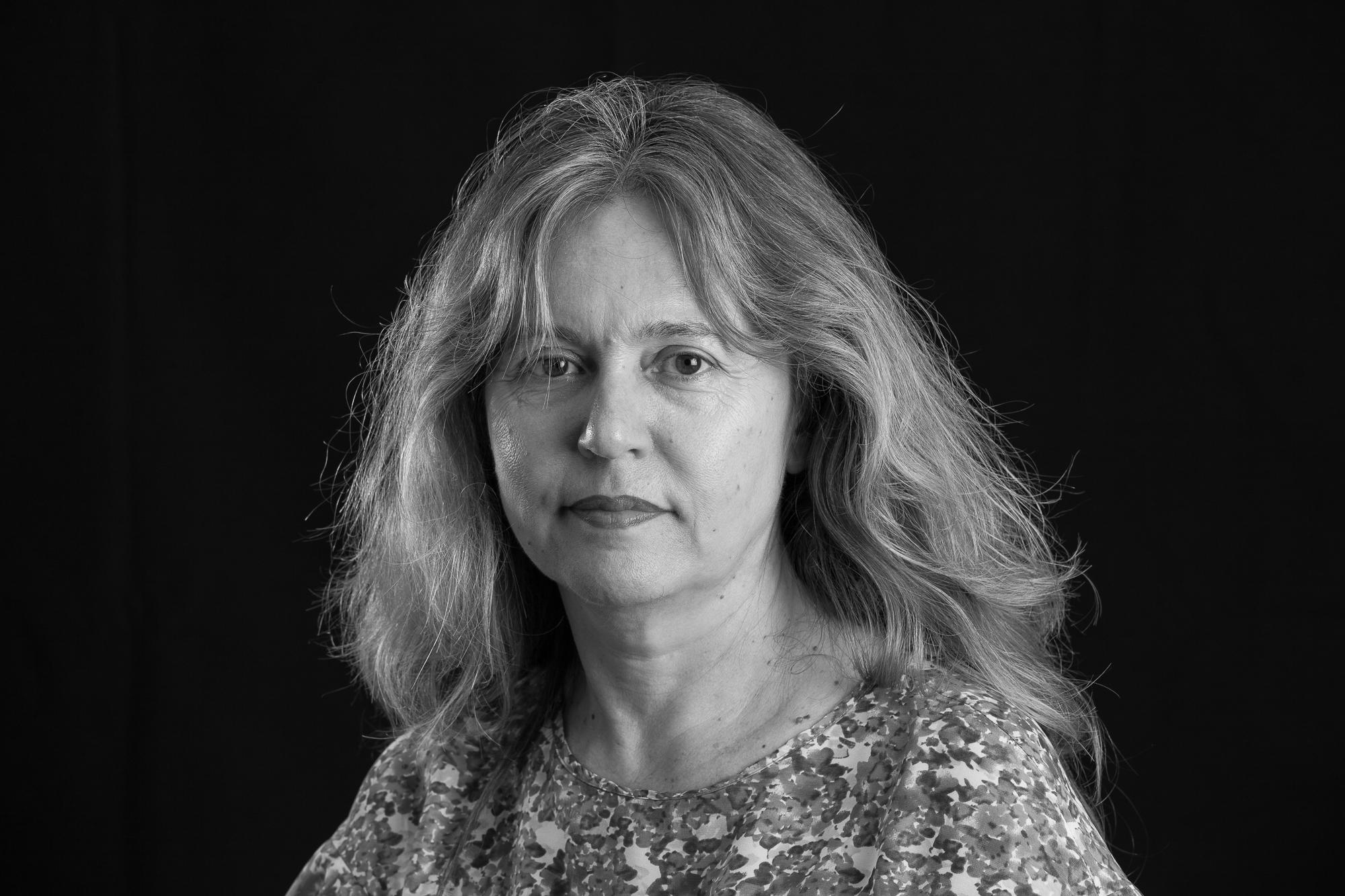
Sandra Montón (ICREA at UPF)
Speakers: Margarita Díaz-Andreu (ICREA at UB) and Sandra Montón (ICREA at UPF)
When: 23rd January 2018 at 6pm
Where: ICREA, Pg. Lluís Companys 23, 6th floor
ICREA Research Professors Margarita Díaz-Andreu and Sandra Montón Subías briefly exposed how Archaeology has come a long way from its origins as a colonial discipline to a more recent self-criticism and scrutiny in the wake of anti, post- and de-colonial thought. Beyond archaeologists’ explicit unapologetic collaboration with colonialism during the 19th and most of the 20th centuries, an exploration of the effect of colonialism in archaeology reveals a myriad of other aspects in which archaeology became deeply entangled with what at first sight could be considered as a mere political and economic practice. Their own archaeological projects in the Mariana Islands (western Pacific) and the history of archaeological practice were brought to illustrate some of the issues raised.
81st ICREA Colloquium
Two Perspectives on the Relation between Philosophy and Science
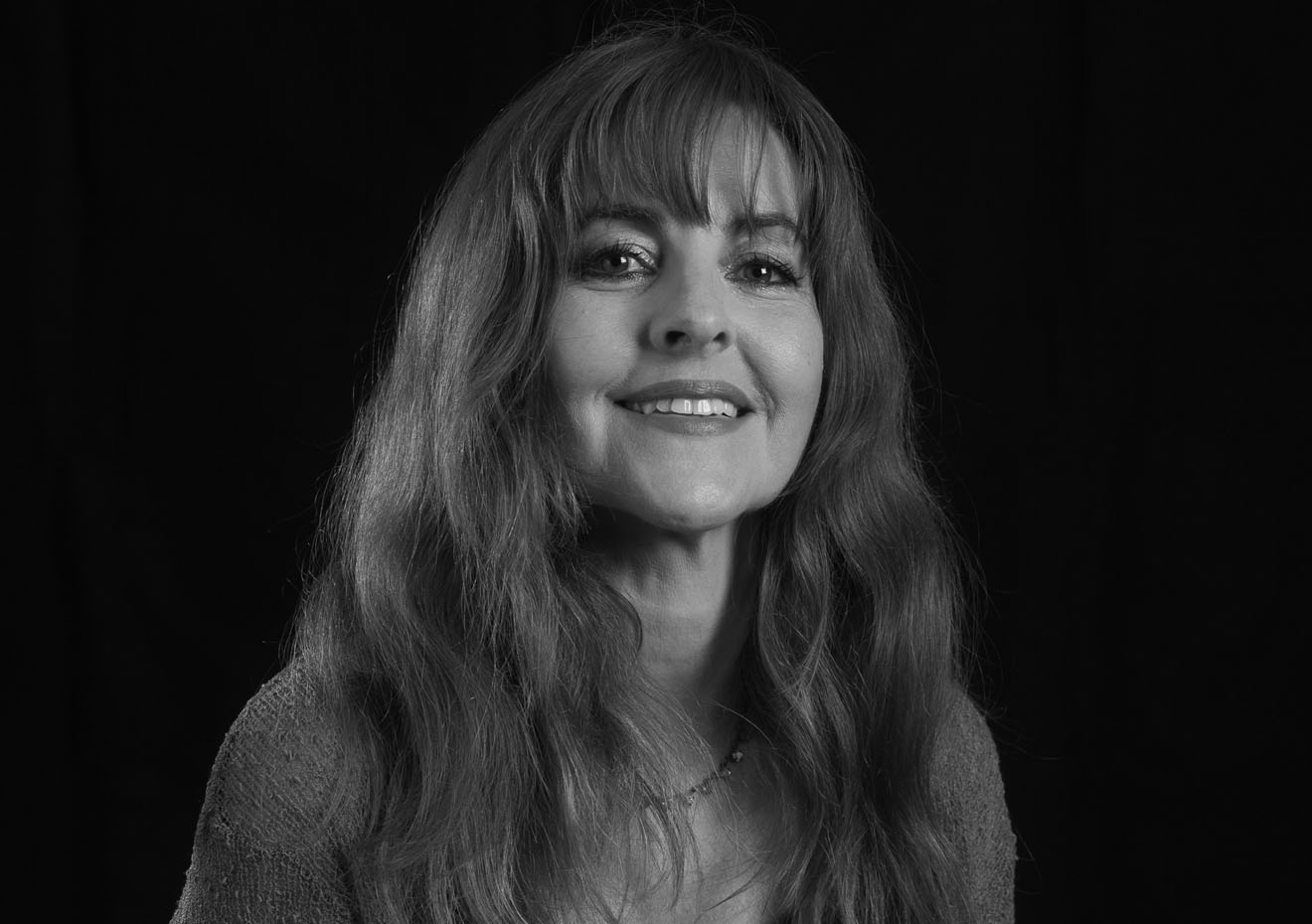
Paula Casal (ICREA at UPF)
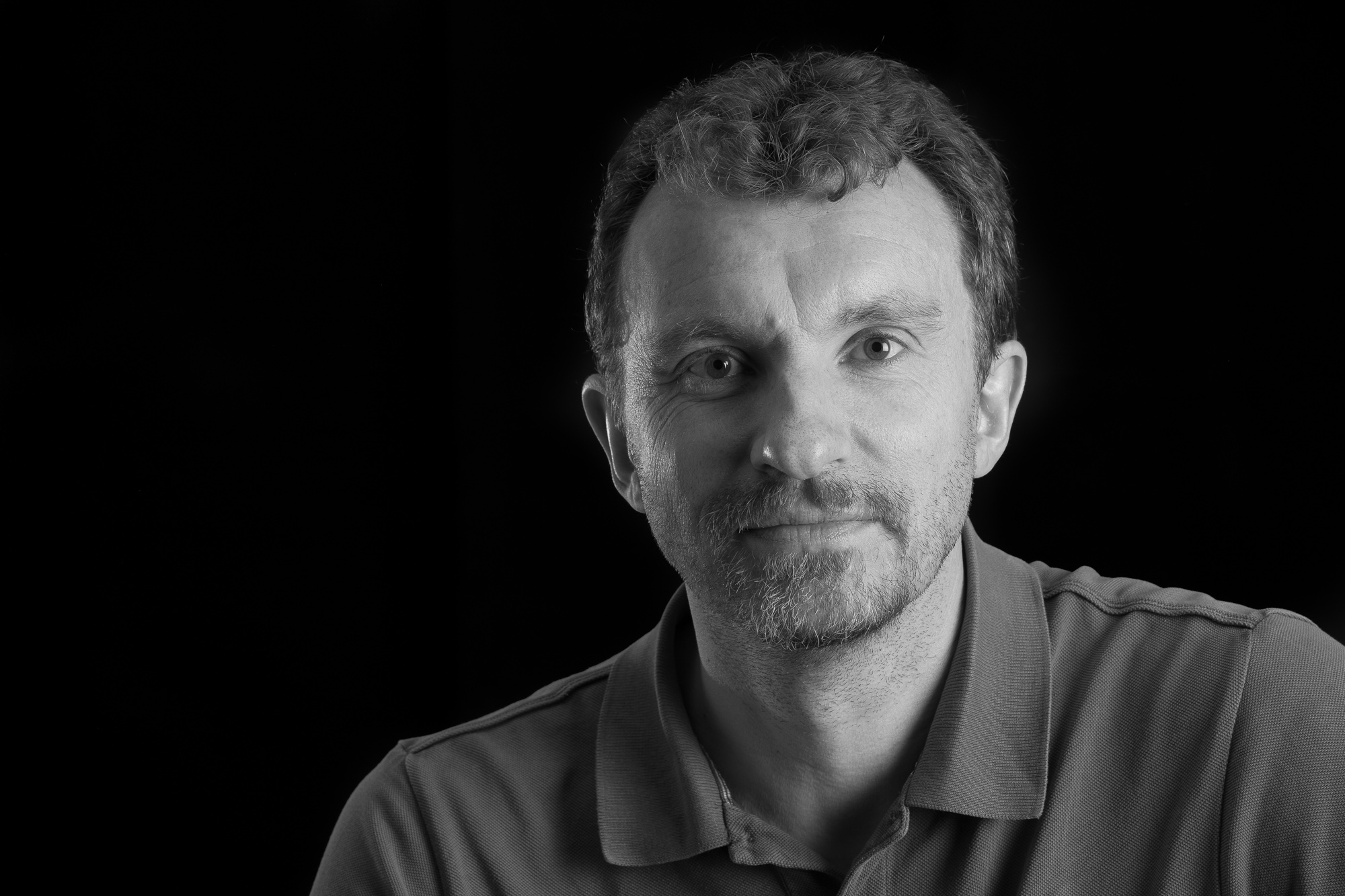
Thomas Sturm (ICREA at UAB)
Speakers: Paula Casal (ICREA at UPF) and Thomas Sturm (ICREA at UAB)
When: 6th March 2018 at 6pm
Where: ICREA, Pg. Lluís Companys 23, 6th floor
Casal and Sturm presented two different ways in which philosophy relates to science. Sturm began by sketching “philosophical naturalism”, a view that tries to answer philosophical questions employing methods and data from the empirical sciences. He then analysed the ongoing debate between the “heuristics and biases” approach and the “bounded rationality” program in order to assess the potential of naturalizing rationality, and its limits. Casal turned to ethics. Ethics is a branch of philosophy usually divided in three levels: metaethics, normative ethics and applied ethics. Casal focused on the relevance of scientific findings, particularly in evolutionary biology, to major controversies in all these levels.
82nd ICREA Colloquium
Democracy and self-determination: perspectives from historical sociology and political philosophy
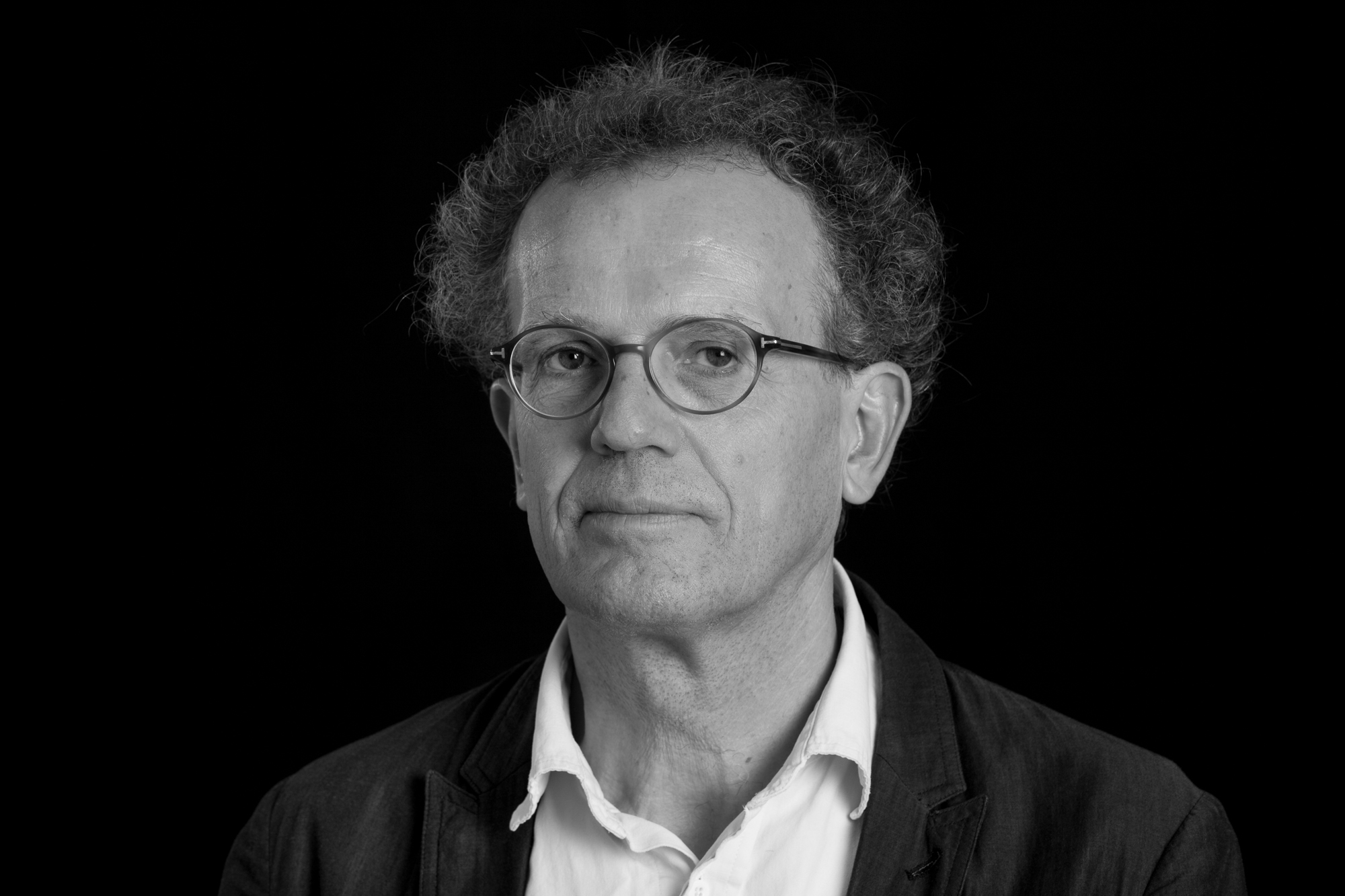
Peter Wagner (ICREA at UB)

Daniel Gamper (UAB)
Speakers: Peter Wagner (ICREA at UB) and Daniel Gamper (UAB)
When: 22nd May 2018, 18:00h
Where: ICREA, Pg. Lluís Companys 23, 6th floor
Human rights and democracy are today often considered as universal normative principles. Even though not uncontroversial either, such assertion may be relatively unproblematic for individual human rights. The notion of democracy, however, clearly begs further questions: How is it that “the people” can govern and exert authority? What is the collective “self” that determines its laws and rules for living together? These are time-honoured questions of political thought. Despite being fundamental, they have never found a definitive answer. Rather, the answers vary with the historical context in which they are provided. The speakers tried to show, in different ways, that conceptual reflections from political philosophy need to be joined with historico-sociological observations on changing ideas of “people” and the capacity to self-govern, with a view to arriving at more adequate views on current topical issues.
83rd ICREA Colloquium
Ageing as a treatable condition
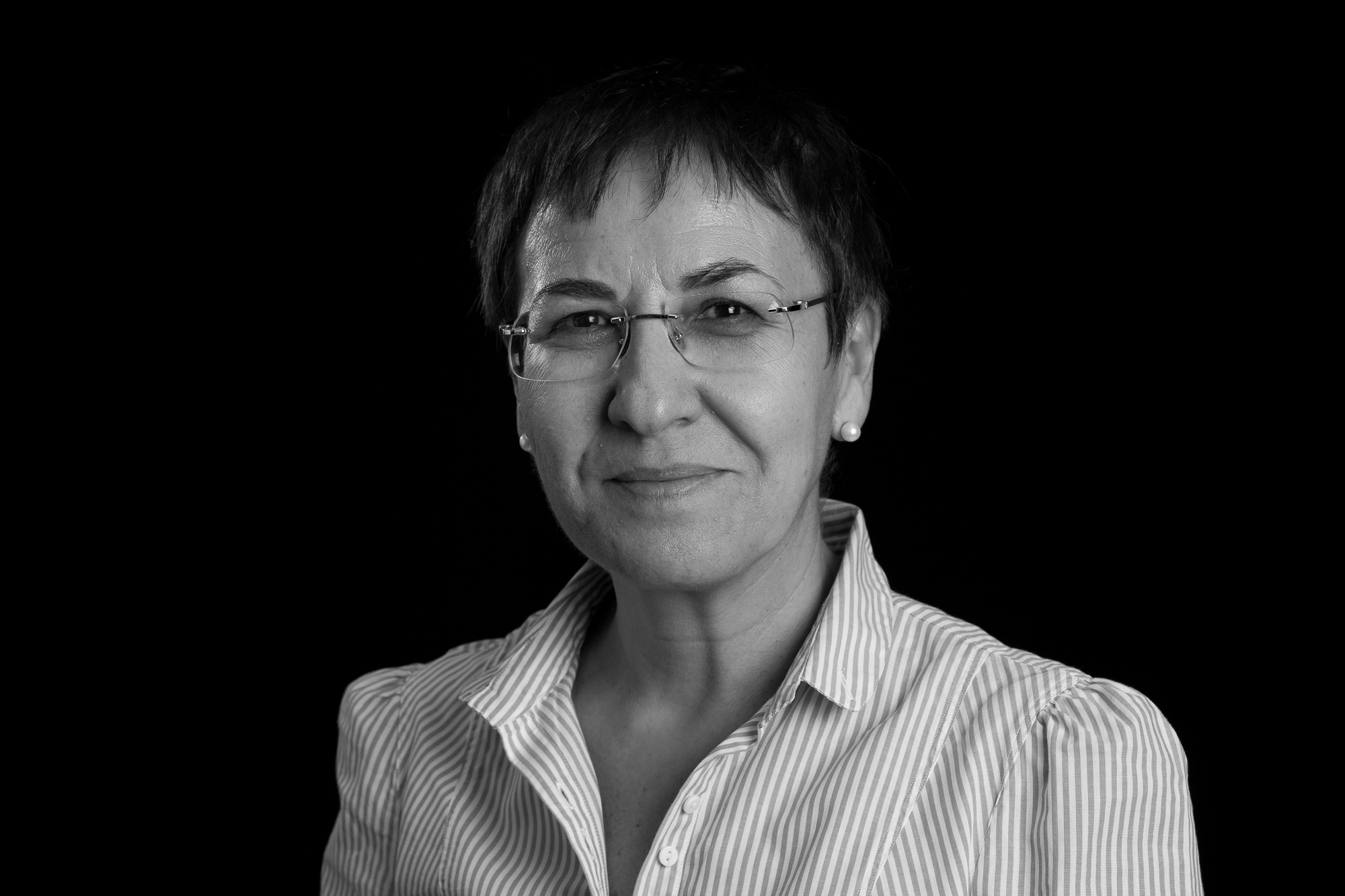
Pura Muñoz (ICREA at UPF)

Manuel Serrano (ICREA at IRB Barcelona)
Speakers: Pura Muñoz (ICREA at UPF) and Manuel Serrano (ICREA at IRB Barcelona)
When: 9th of October 2018 at 6pm
Where: ICREA, Pg. Lluís Companys 23, 6th floor
Pura Muñoz – New approaches to bring back youthfulness to aged stem cells
Aging is a nearly universal process affecting all tissues. Despite its constancy in our lives, aging remains mysterious at a fundamental level. Nevertheless, common hallmarks of aging across different species have been proposed offering an integrated view of the basic mechanisms of aging. Primary hallmarks include cell autonomous changes linked to epigenetic alterations, genomic instability, telomere attrition and loss of proteostasis (protein homeostasis), which are followed by antagonistic responses such us deregulated nutrient sensing, altered mitochondrial function and cellular senescence. Aging hallmarks converge in the exhaustion of stem cells, which provokes tissue regenerative decline. Skeletal muscle provides a stark example of this decline. Its stem cells sustain muscle regeneration throughout life but at advanced age they fail for largely undefined reasons. Several causes for this age-associated stem cell regenerative failure are emerging: decline in proteostatic quality-control mechanisms, metabolic alterations, entry into senescence and changes in the systemic (circulatory) environment. I will review our recent findings on how to improve the regenerative capacity of old stem cells by countering these age-associated alterations, with the ulterior idea that the aging process is malleable and that it is feasible to rejuvenate aged cells and tissues.
Manuel Serrano – Senescence as a new therapeutic target to treat ageing-related diseases
A major advance in the field of ageing research has been the demonstration that senescent cells play a key role in aging and, even more importantly, the discovery of small pharmacological compounds that can kill senescent cells within the organism resulting in improved health. Upon tissue damage or stress, a substantial fraction of cells respond by adopting a cellular state known as “senescence”. Regardless of their initial cell identity, senescent cells share key properties; namely, global chromatin remodelling, robust proliferation blockade, and a massive pro-inflammatory secretome. The initial biological purpose of senescent cells is to orchestrate tissue repair, ultimately leading to their own disposal by the immune system and to their replacement by new, functional cells. This is the favorable, beneficial, face of cellular senescence. However, in certain contexts that are generally associated with chronic damage, degenerative processes, or organismal ageing, tissue repair is inefficient and senescent cells are not cleared. Indeed, senescent cells accumulate in many human pathologies including various fibrotic diseases, atherosclerosis, and neurodegenerative diseases. This is the detrimental, pathological, face of cellular senescence. Importantly, the last few years have witnessed the identification of small compounds that preferentially kill senescent cells, termed senolytic drugs. Such senolytic treatments in mice show an unprecedented therapeutic effect on the aforementioned diseases including lung fibrosis, atherosclerosis, and neurodegenerative diseases. I will present our contributions to the understanding of cellular senescence both in tissue repair and in pathological contexts.
84th ICREA Colloquium
Carbon pricing and energy use pathways for staying within 2°C climate change
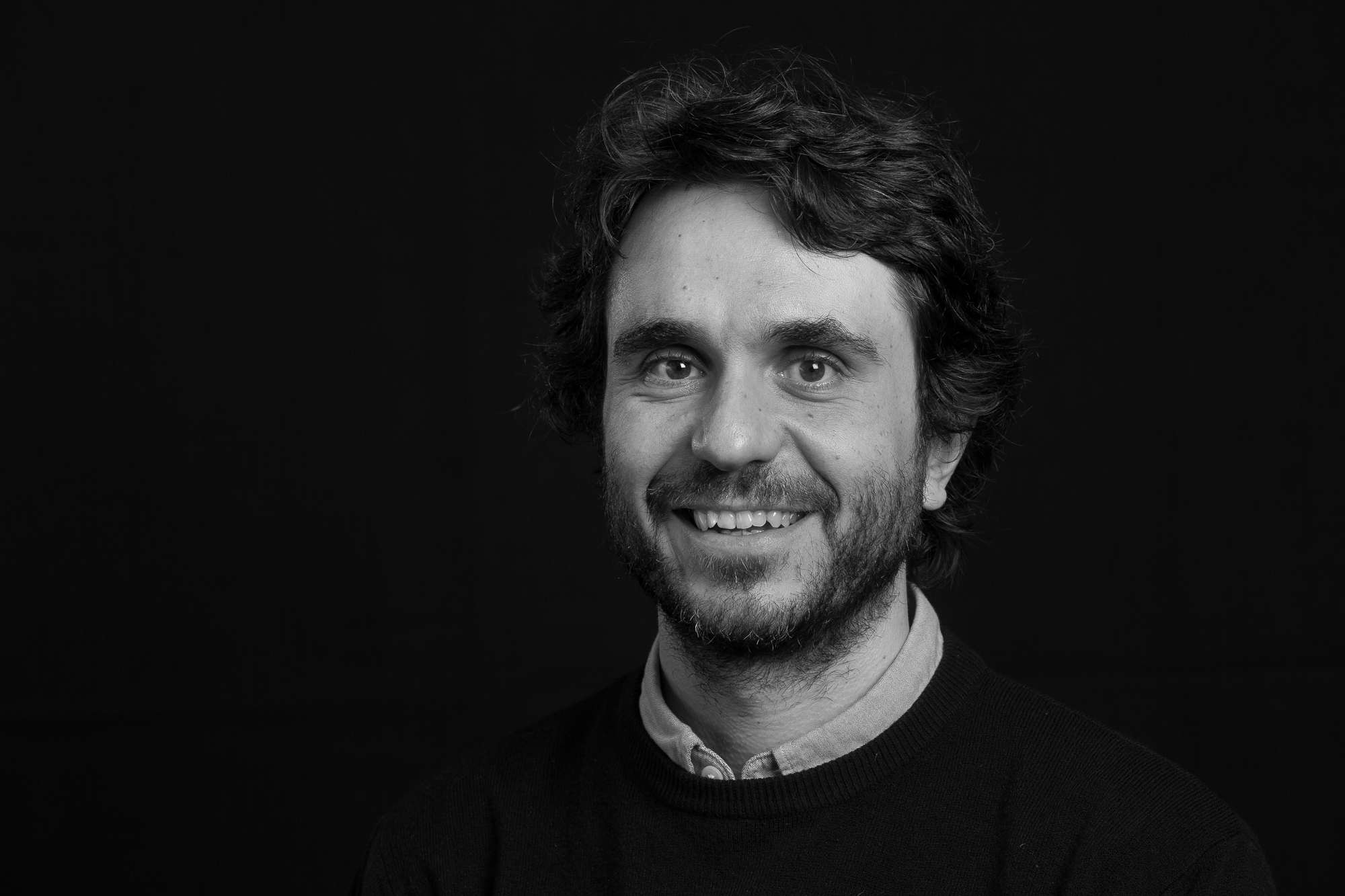
Giorgos Kallis (ICREA at ICTA-UAB)
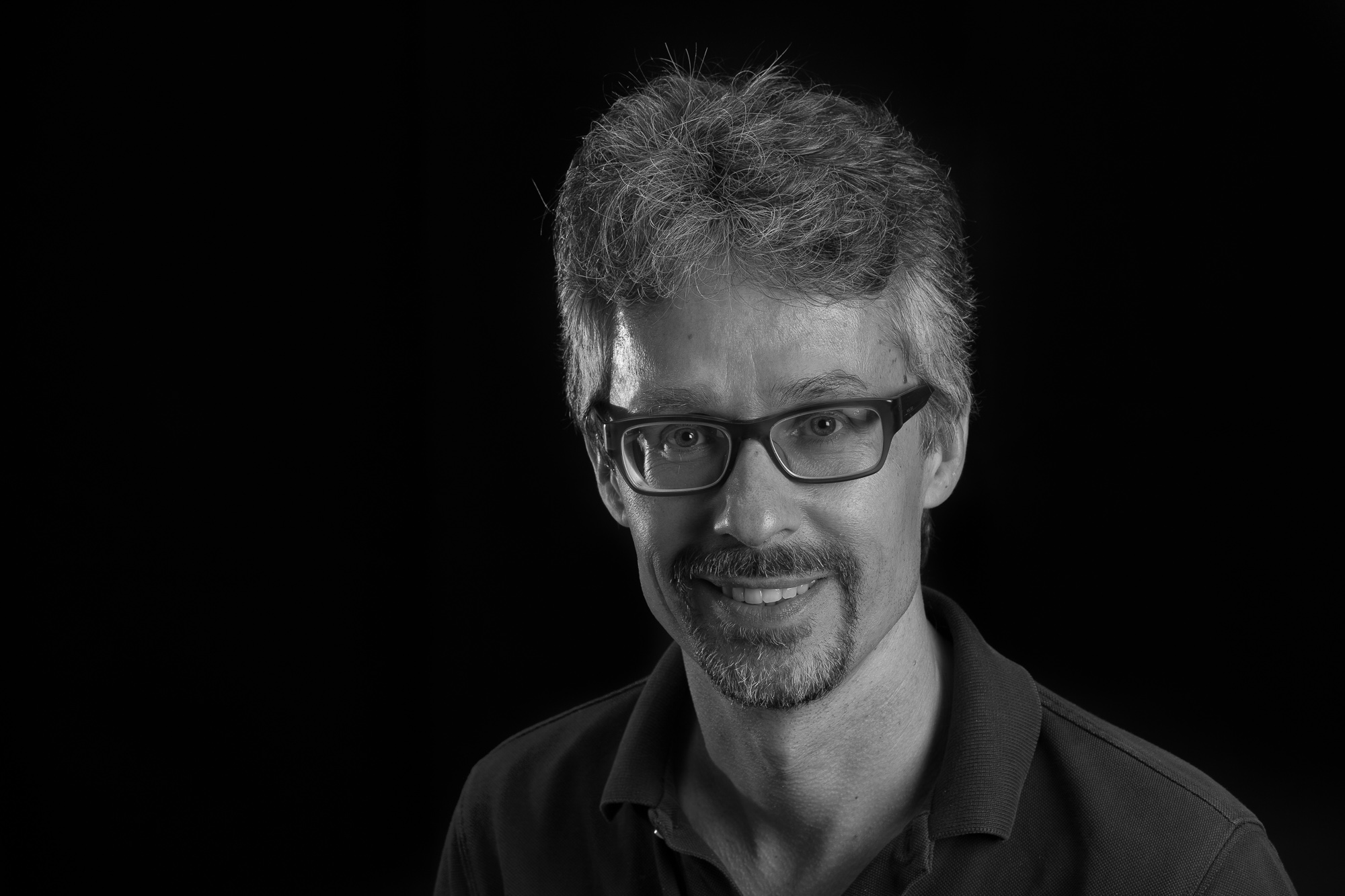
Jeroen van den Bergh (ICREA at ICTA-UAB)
Speakers: Giorgos Kallis and Jeroen van den Bergh (ICREAs at ICTA-UAB)
When: 4th of December 2018 at 6pm
Where: ICREA, Pg. Lluís Companys 23, 6th floor
Stopping climate change has turned out to be an immense challenge. Although denial of the problem seems to weaken somewhat, a serious hurdle to a solution is that many scientists and politicians are insufficiently focused on ultimate effectiveness of policies. We quantify the magnitude of the decarbonization challenge and discuss general solution strategies and policy instruments. We then look into the carbon emissions involved in a renewable energy transition, assess the effects of recessions on carbon emissions and discuss the trade-offs between economic growth and reducing carbon emissions. We zoom in on carbon pricing, listing classic and heterodox arguments in favor of it, dealing with effectiveness, efficiency, equity, national and international feasibility, and systemic effects. Complementary instruments and the reasons for their use are mentioned as well. On the basis of this, implications for the policy trajectory after the Paris international climate agreement are formulated.
Calçotada
For second consecutive year, we celebrated our main social event of the year ‘the Calçotada’ at the Moritz Factory, the old Moritz Brewery, a 150 year-old working beer factory which has become a Barcelona icon. We had the highest attendance of recent years, even though we did not eat calçots (Calçots are a winter crop, so they are not in season in late April, sadly), instead, we had, among other dishes, their specialty, ‘Picantón a la Moritz’, a quite interesting way of cooking a chicken which happens to be very tasty.
We all had a jolly good time and as it is becoming customary ICREA’s director Antonio Huerta gave a congratulatory speech to all ICREAs for their excellet work throughout the year.
This year we did not manage to take institutional pictures, and these few ones have been ‘stolen’ from Emilià’s private phone. However, since the event was held very close to the Sant Jordi’s holiday, we handed out red roses to all ICREAs.